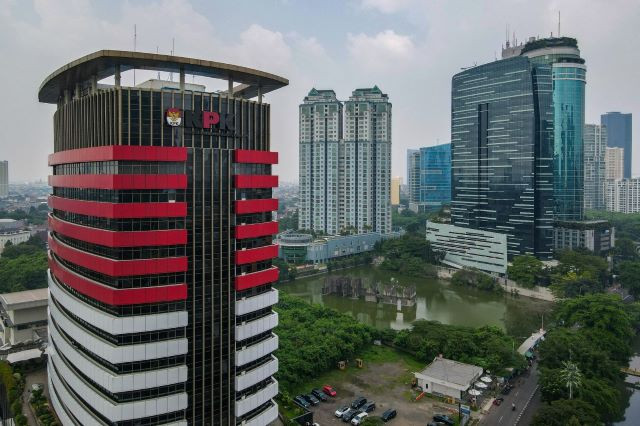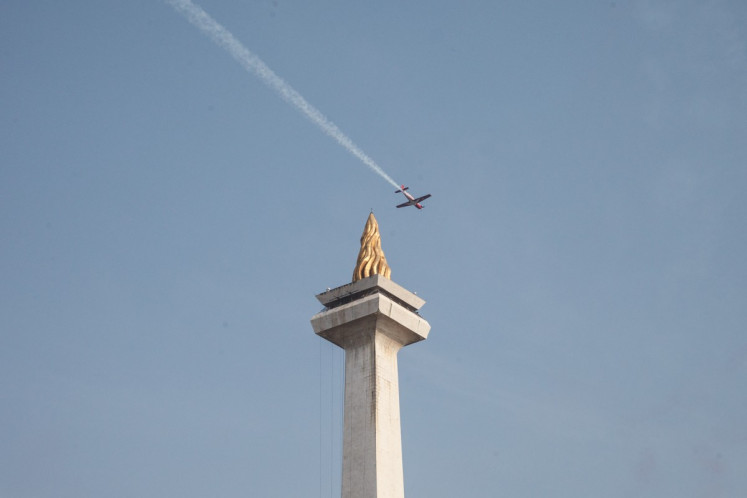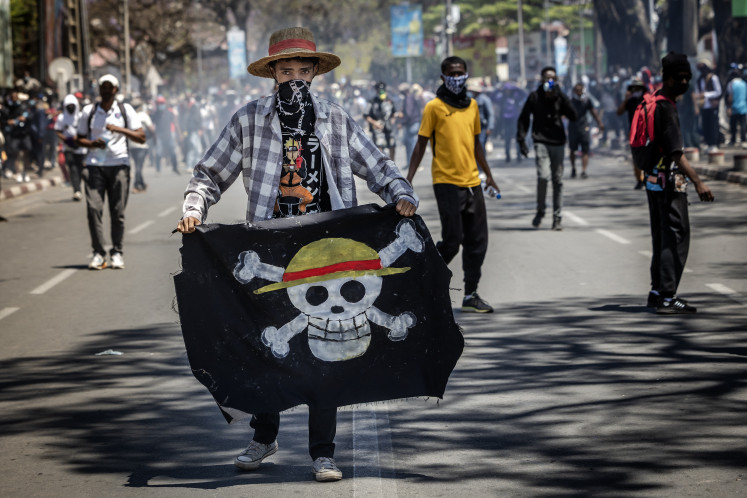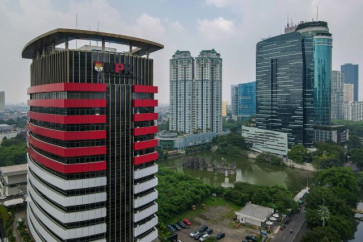Popular Reads
Top Results
Can't find what you're looking for?
View all search resultsPopular Reads
Top Results
Can't find what you're looking for?
View all search resultsCriminalizing foreign bribery at home
The impact of bribery from foreign companies is significant because it can distort the allocation of public funds to benefit foreign entities.
Change text size
Gift Premium Articles
to Anyone
T
he recent bribery scandal involving German software company System Application and Product (SAP) highlights the importance of cracking down on bribery by foreign public officials in Indonesia.
According to an official statement on the website of the United States Department of Justice (DOJ) released on Jan. 10, SAP was proven to have violated the Foreign Corrupt Practices Act (FCPA) and was obliged to pay a fine of US$220 million. US regulators discovered the company bribed Indonesian government officials to further its business interests with political donations, electronic transfers through shell companies and various luxury goods.
The SAP bribed officials to obtain contracts with several Indonesian government institutions in 2015 and 2018. The institutions included the Maritime Affairs and Fisheries Ministry, the Telecommunication and Information Accessibility Agency (BAKTI) under the Communications and Information Ministry (Kominfo), the Social Affairs Ministry of, state oil and gas company PT Pertamina, the Jakarta provincial government, Jakarta mass rapid transit operator PT Mass Rapid Transit (MRT) and state-owned airport operators PT Angkasa Pura I and II.
Corruption practices and facilitation payments are common in Indonesia, as previously revealed in cases involving foreign companies Rolls Royce, Airbus, Alstom and MaxPower Group. Transparency International Indonesia reports that local and multinational entrepreneurs even must allocate funds of up to 30 percent of total production costs for bribes.
The impact of bribery from foreign companies is significant because it can distort the allocation of public funds to benefit foreign bribers. In many cases, foreign bribery even facilitates the laundering of the proceeds of corruption, which has implications for the loss of integrity of the private sector and the country’s financial system.
Therefore, this momentum should be utilized by the Indonesian government and law enforcement officials to improve structural laws.
First, the Corruption Eradication Commission (KPK) and the government must be proactive with external law enforcers to investigate bribery cases involving Indonesian officials. The Indonesian Government and other countries that have been victims of bribery must be able to request settlements, as is happening with the latest Airbus case in a United Kingdom court.



















